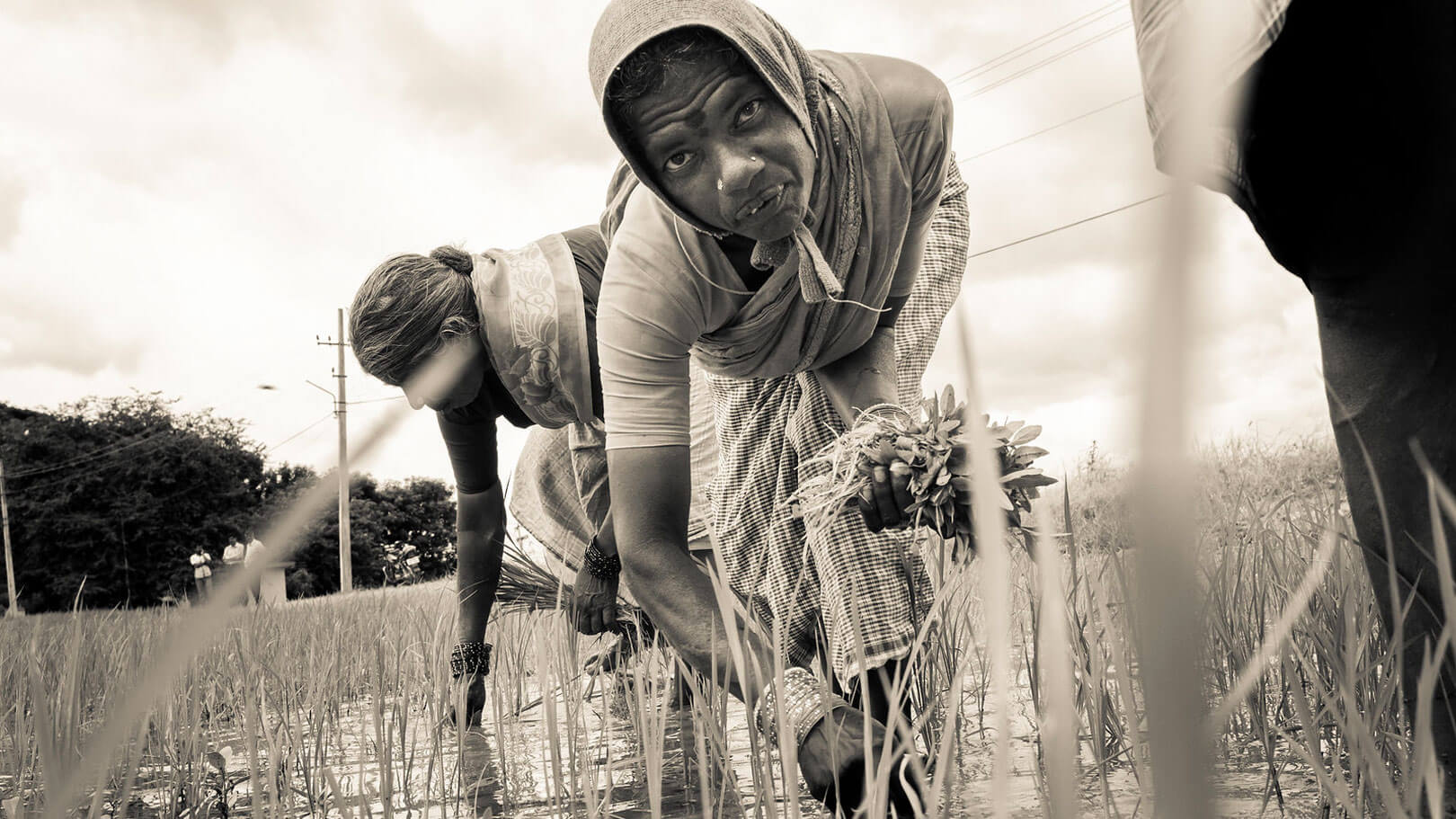This issue of Aspects consists of a series of posts which appeared on RUPE’s blog (rupeindia.wordpress.com) in the four months between December 2020 and April 2021. The posts addressed different questions related to the recent Farm Acts and other so-called reforms introduced by the Modi government – as also the interests behind these ‘reforms’.
We have focussed here on how the Farm Acts are aimed at re-shaping India’s agriculture and food system in favour of multinational firms and the domestic corporate sector. So the discussion relates more to the relatively developed and commercialised regions of India’s agriculture, which constitute only a part of India’s very varied agrarian conditions. We have also not talked much of the contradictions within the agrarian sphere itself, even in these relatively developed regions.
However, we have indirectly indicated the relationship between the internal and external aspects. For example, we have pointed out how the process of corporate entry will tend to favour large landholders over small ones, and thereby finally compel many small farmers to part with their land. We have also indicated how the corporate takeover will further erode India’s already inadequate food security; swell the ranks of the reserve army of labour; depress real wages in all sectors; depress aggregate demand; and render the country more helpless before imperialist pressures. Thus this is not only a question of the peasantry, but of all the working people, and a national question as well.
In fact, the present peasant movement in the relatively developed regions is not a sudden development, but the product of a long-festering agrarian crisis, much before the recent Farm Acts. That crisis had its roots in the pattern of agriculture after the Green Revolution, and later under the post-1991 neoliberal re-structuring of India’s economy.
The grimmest symptom of this crisis was the uninterrupted series of suicides since the late 1990s. In the course of the neoliberal ‘reforms’, poor and middle landed peasants found themselves caught in the scissors of input costs and output prices. Trapped in a cycle of usurious debt, many lost their land, and thousands committed suicide. Meanwhile agricultural labourers, lacking land for cultivation, found themselves unable to meet their consumption needs, took loans from large landholders and the like, and similarly fell into a debt trap; thousands of them too took their own lives. Women peasants, both of landed and landless households, bore the heaviest burdens of the crisis. The underlying questions have been simmering, and at places in Punjab breaking out into organised struggles by landowning peasants against usurers and commission agents; and by Dalit landless peasants against powerful landed sections, for the use of village common lands. Through these small and big struggles over the past 20 years peasant organisations of different types emerged.
It was against this background of intensifying crisis, desperation and struggle, that the Farm Acts – an attack from without – sparked an upsurge of protest among the wide spectrum of landowning peasantry (including women peasants) in Punjab; this spread thereafter to nearby states. It was the sharpening of internal contradictions that laid the base for a movement against the external assault. In that sense the present protest movement would be part of a much wider stream of peasant struggle across the greatly varied conditions of Indian agriculture. The current movement against the Farm Acts provides us with glimpses of the liberating potential of that wider stream.
The original blog posts contained some hyperlinks, which we have dropped in this print edition. They are still available on the original posts at rupeindia.wordpress.com.
Last year, Monthly Review Press, New York and Three Essays Collective, New Delhi published RUPE’s book Crisis and Predation: India, Covid-19 and Global Finance. Copies are available with us for Rs 150. Our first print run was exhausted, and we printed an additional 300 copies. As we were about to distribute these copies, the second wave of Covid-19 began, and Maharashtra is now about to lock down. We do not know if we will be able to distribute these copies. We request interested readers to order copies. Details are given in the last pages of this issue.
We also have a stock of copies of India’s Working Class and Its Prospects, a collection of essays edited with an introduction by RUPE. It too is priced at Rs 150.
For ordering copies from RUPE:
You may send us a money order, demand draft or cheque payable at par in Mumbai in the name of:
Research Unit for Political Economy,
Ground floor, Sidhwa Estate, N.A. Sawant Marg,
Colaba, Mumbai 400005.
Alternatively, you can make a bank transfer to the following account:
Name of account: Research Unit for Political Economy
Central Bank of India, Colaba Causeway, Mumbai
Account number 1019065121
IFSC Code: CBIN0281407
In either case, definitely send an email at [email protected] or [email protected] informing us what you have done, so that we can follow up.
